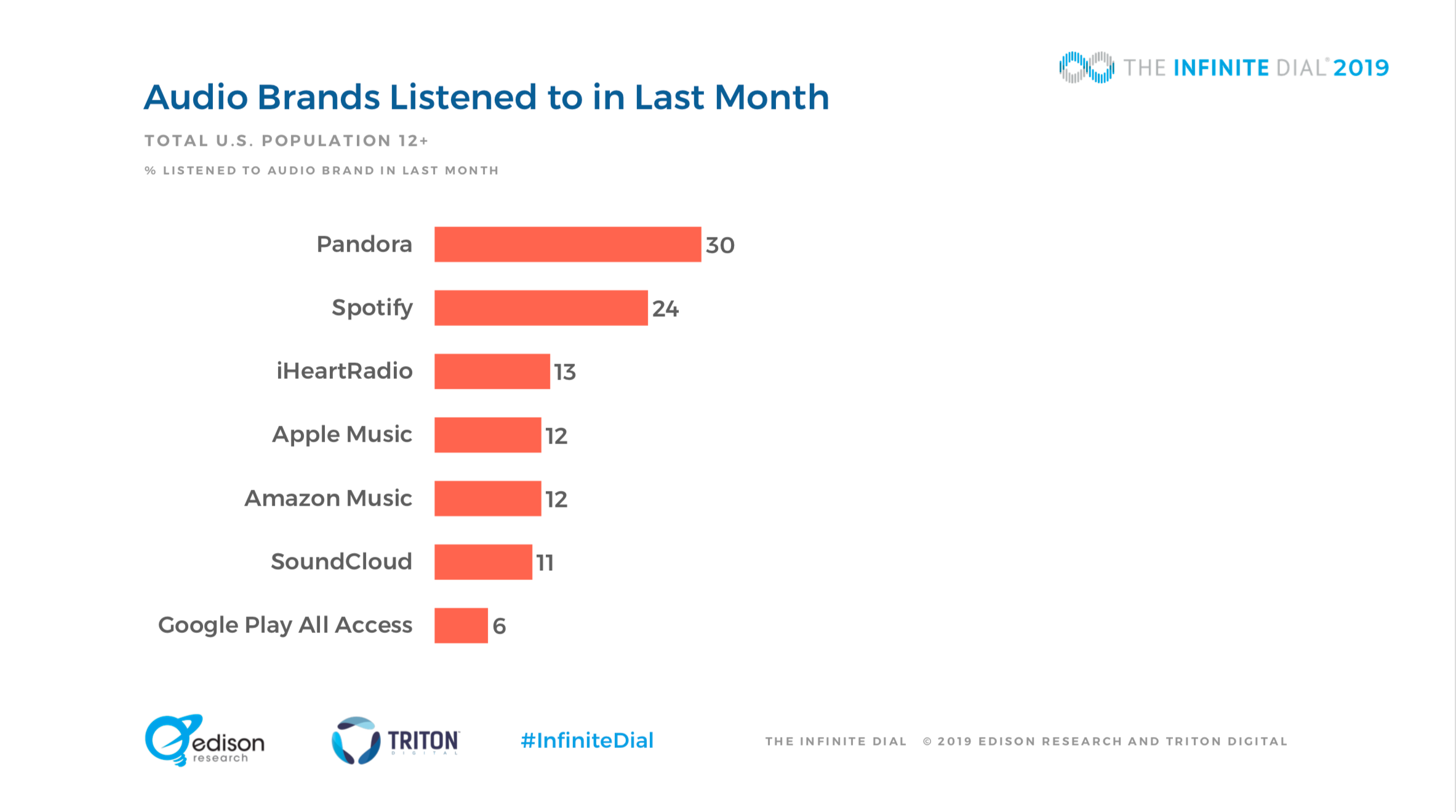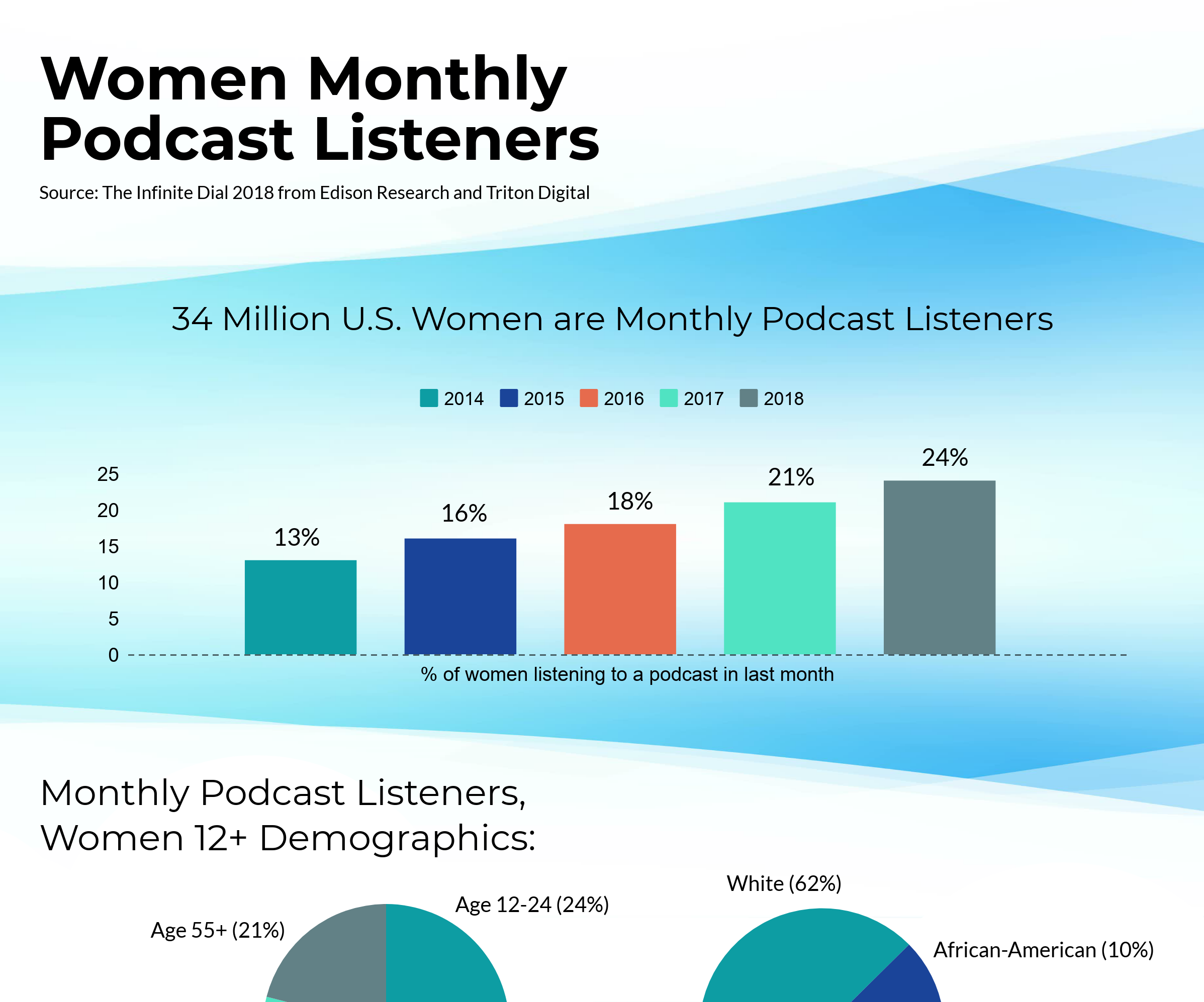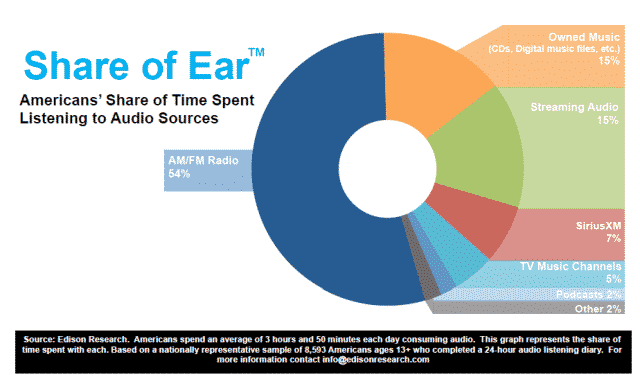Life is always a roller coaster
ride, where time is as precious as money. With such a scenario, digital talks
aka Podcast are surfing over the internet. Podcast has been called the “next
marketing frontier”. Do you like to talk and interact? Then podcast helps you
to share your views and find exciting and engaged audience. Bonus! You can earn
while you talk! It is fun and also a great way if you want to better your
brand.
Packed with information and the
perfect sprinkle of entertainment and light-hearted banter, podcasts are
incredibly engaging and a useful medium for businesses and listeners
alike. They are the sleeping giant of content types,
though.
Most businesses don’t understand the true potential behind
podcasts. And there’s a huge number of reasons why they are the perfect
addition to any existing content strategy.
Despite criticisms of why podcasting won’t work, the facts tell a different story. According to Edison Research, the number of Americans who listen to a podcast each week has grown 100% over the past four years. In fact, 67 million Americans listen to a podcast every month.
That’s millions of opportunities
for your brand to become a household name. (Are you starting to understand the
importance of podcasting now?)

When it comes to enterprise-level
sales, there’s no medium better positioned than podcasts. Podcasting attracts
educated and relatively wealthier audiences – it’s 45% more likely for a
podcast listener to have a college degree, and 68% more likely to have a
post-graduate degree.
Podcast listeners are also much more
likely to be HNIs (high net-worth individuals), with a 45% more likelihood of
having a net household income over $250,000 annually. Translation: Listeners
have money.

When you are considering producing
podcasts for your organization, consider these top benefits:
1. Podcasts make
information personal.
In a podcast, the content is
communicated directly to you, the listener, either verbally or through video.
That’s a much more intimate way of getting information than reading it from an
e-mail or document.
2. Podcasts are
convenient and easy to consume.
Once you subscribe to a podcast feed,
new podcasts are automatically downloaded to your computer as soon as they are
available. You can listen to them at your convenience.
3. Podcasts cut costs.
Because podcasts are delivered
digitally, they eliminate many costs associated with other forms of
communication including postage, printing, and paper. They can also reduce
meeting costs and e-mail storage costs. They are easy to archive and updating
them is quick and easy.
4.Podcasting is a
time-efficient form of communication.
You can listen to podcasts while you
do other things at work or at home, or during your commute. Some types of
meetings can be eliminated in favor of podcasts, saving time and improving
productivity.

5. Podcasts are
portable.
Once a podcast resides on your
computer, if your computer is portable, you can take the podcast with you and
listen whenever or wherever you want. Or, you can transfer the podcast to a
personal media player such as an iPod.
6. Podcasting is an
on-demand technology.
Listeners decide what they want to
hear, and when they want to hear it. On one hand, this means you’re competing
for their eyes and ears. On the other hand, this means that if they are
subscribing to your podcasts, there’s an excellent chance they’re actually
getting the information you’re providing to them.
7. Podcasts are one way to deliver on
a social networking strategy.
Your podcast subscribers are the core of your community and over time, they will be your best prospects for deepening the relationship through cross-sell and loyalty tactics.
After all, podcast listeners are a marketers’ dream: “Women age 25-34 are the really sweet spot for podcasting listenership,” according to Edison Research, and 44% have a household income of more than $75,000 a year. Best of all, they’re a captive audience: 70% say they do nothing else when listening to a podcast, with nearly all finishing (or almost finishing) whatever podcast they download.